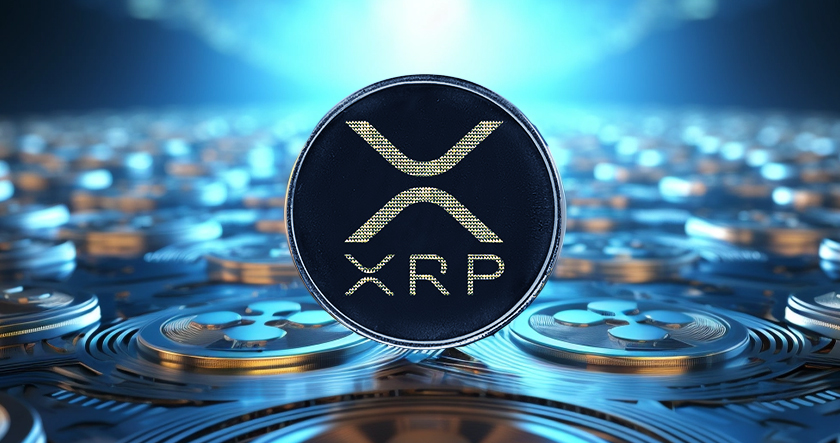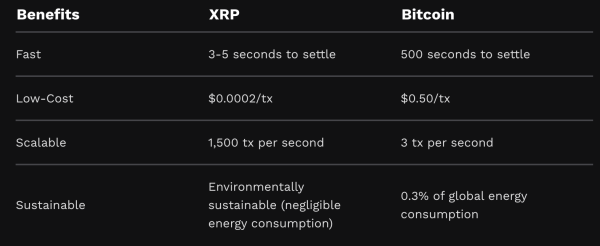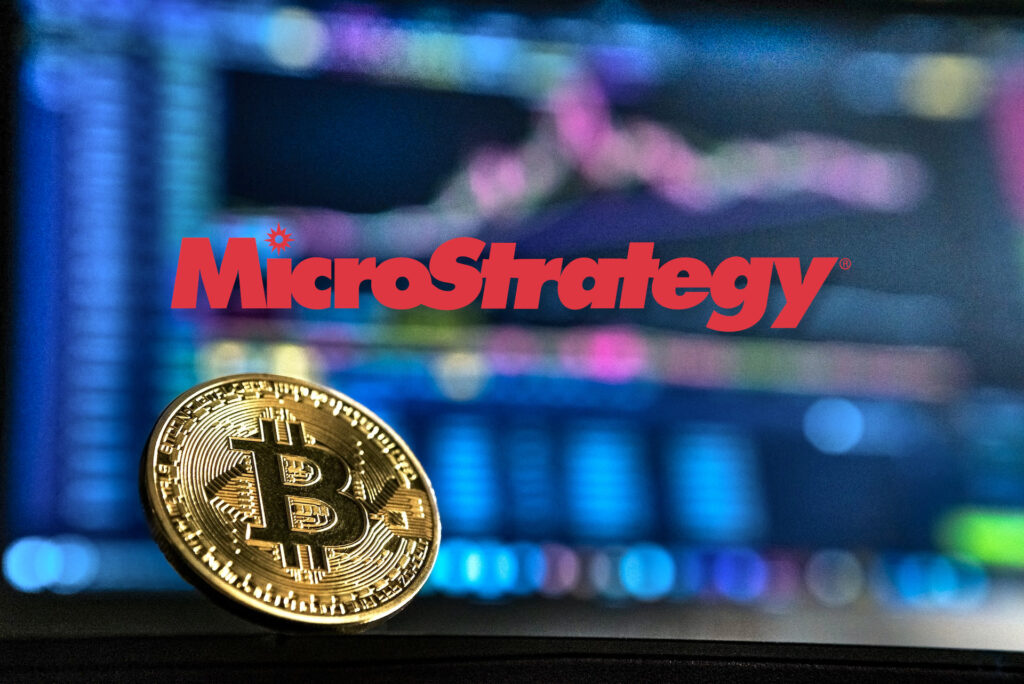The Bank of England (BoE) has faced payment delays, which have led to requests to implement XRP in traditional payment systems.

A recent “global payments issue” caused delays in high-value, urgent payments to the Bank of England. The issue moreover disturbed installments made through the U.K.’s CHAPS inter-bank installment system.
Notably, the central bank guaranteed that payments that were delayed would be settled by the end of the day. Meanwhile, the crypto community has been quick to respond, suggesting that XRP could help mitigate the chances of this crisis.
The crypto community supports the XRP
Generation Infinity CEO King Solomon emphasized XRP’s potential amid this disruption. To fix the problem, he advised turning on XRP faucets.
When another person commented, the problem had already been resolved. Solomon jokingly suggested that the solution may have required gaining XRP from the Fed.
It is crucial to highlight that the problem purportedly stemmed from a fault with the global Society for Worldwide Interbank Financial Telecommunication (SWIFT) service, but it had no effect on other countries’ financial infrastructure. This incident reignited debates regarding the effectiveness of traditional banking institutions compared to blockchain solutions such as XRP.
XRP vs. other payment systems
Data from the XRP Ledger website demonstrates considerable advantages for XRP over traditional systems and other cryptocurrencies like as Bitcoin. Remarkably, XRP resolves transactions in 3-5 seconds, but Bitcoin takes roughly 500 seconds.

XRP v Bitcoin
Transaction fees are also lower, with XRP costing $0.0002 compared to Bitcoin’s $0.50. XRP’s scalability allows for 1,500 transactions per second, but Bitcoin can only handle three. XRP is more environmentally friendly than Bitcoin, which consumes 0.3% of global energy.
The XRP Ledger (XRPL) surpasses Bitcoin, Ethereum, and Cardano on key blockchain criteria, such as speed, cost, and scalability. Ethereum executes transactions in 15 seconds to 5 minutes, which is still slower than XRPL.
Uphold and FedNow XRP integration
Interestingly, Uphold’s FedNow support for XRP transactions reflects the growing use and inclusion of cryptocurrencies within traditional banking. By utilizing the effectiveness of the FedNow system, this invention enables customers to convert their XRP holdings into USD quickly and securely.
As more financial companies see XRP’s tremendous benefits, its use in ordinary transactions is likely to grow, paving the path for wider acceptance and use of digital currencies in mainstream banking. Regulatory clarity may also influence this adoption.

